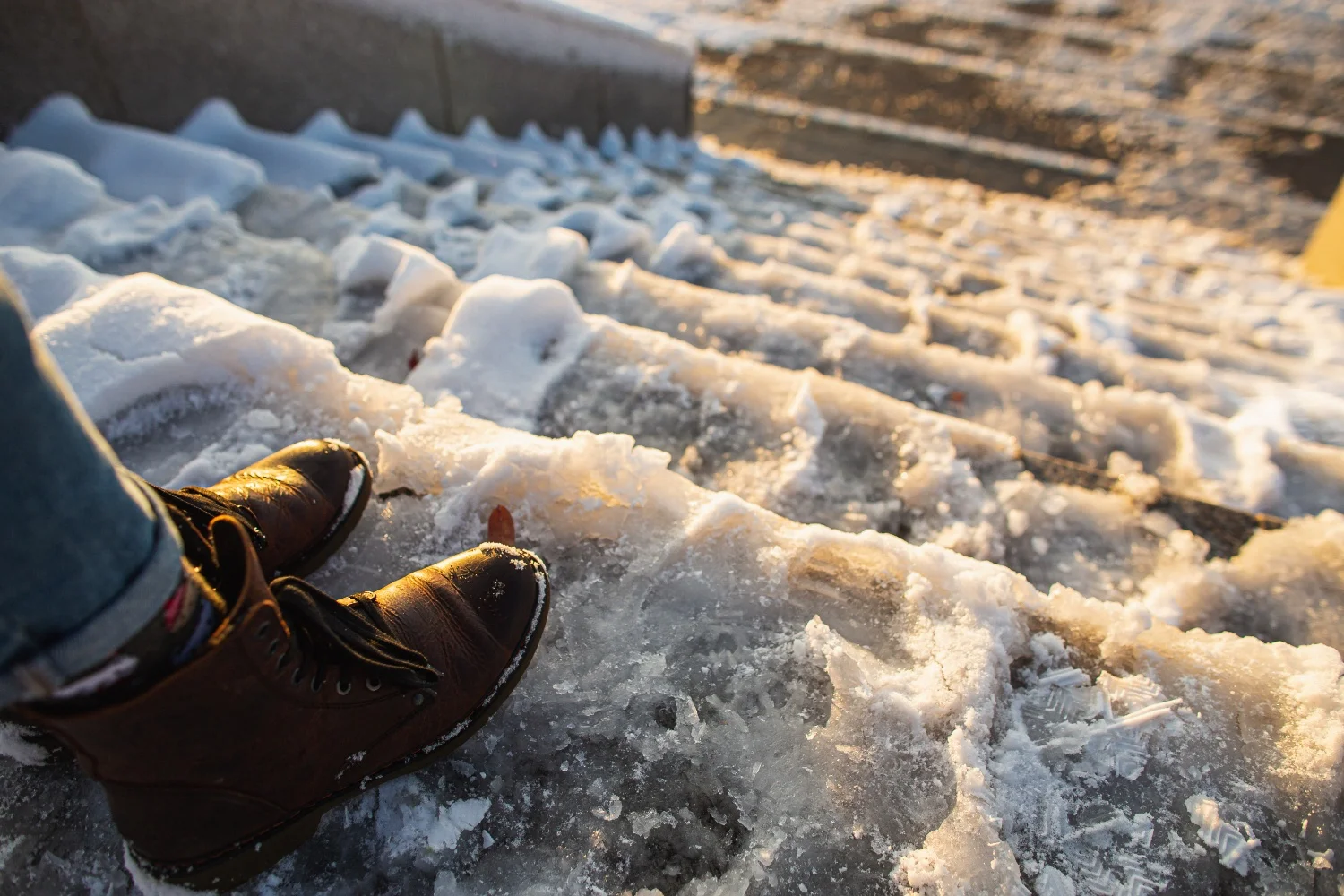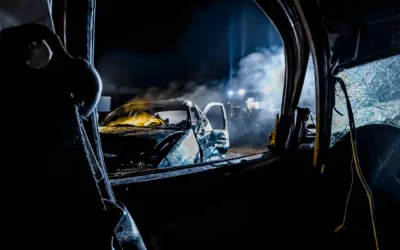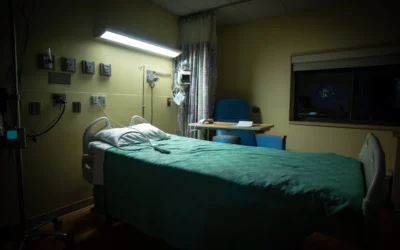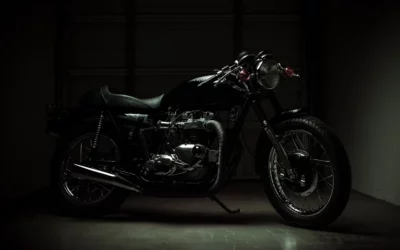Understanding Premises Liability in slip and fall cases
Premises liability is a legal theory that holds property owners responsible for maintaining safe conditions on their premises. In the context of slip and fall cases, premises liability means that property owners may be held liable for injuries sustained by someone who slips, trips, or falls on their property due to a dangerous condition.
To understand premises liability in slip and fall cases, it’s important to know the elements that must be established to prove a claim. These elements are:
- Duty of Care: Property owners have a legal duty to maintain safe conditions on their premises and to warn visitors of any known dangers. The extent of this duty depends on the relationship between the property owner and the visitor. For example, a property owner has a higher duty of care to a customer than to a trespasser.
- Breach of Duty: A property owner breaches their duty of care if they fail to maintain safe conditions on their premises or fail to warn visitors of known dangers. Examples of a breach of duty might include failing to fix a broken staircase, not cleaning up a spill promptly, or failing to post warning signs for a known hazard.
- Causation: The plaintiff must prove that the property owner’s breach of duty was the direct cause of their injuries. In other words, the dangerous condition must have caused the slip and fall accident.
- Damages: The plaintiff must have suffered damages as a result of their injuries. This can include medical expenses, lost wages, and pain and suffering.
Speak to an experienced attorney today
If all of these elements can be established, the plaintiff may be able to recover compensation for their injuries. However, it’s important to note that the burden of proof lies with the plaintiff. This means that they must prove their case by a preponderance of the evidence, which is a lower standard of proof than in a criminal case.
There are several defenses that property owners may raise in a slip and fall case. These defenses may include arguing that the dangerous condition was open and obvious, that the plaintiff was trespassing, or that the plaintiff was partially or fully responsible for the accident. A skilled personal injury attorney can help the plaintiff anticipate these defenses and build a strong case to counter them.
In conclusion, premises liability is a key legal theory in slip and fall cases. If you’ve been injured in a slip and fall accident on someone else’s property, it’s important to consult with an experienced personal injury attorney who can help you understand your legal rights and pursue the compensation you deserve. Above all, contact a legal professional at Gosdis Law to assist with your case. Call or text 385-429-9960 or email s@gosdis.lawyer today.




